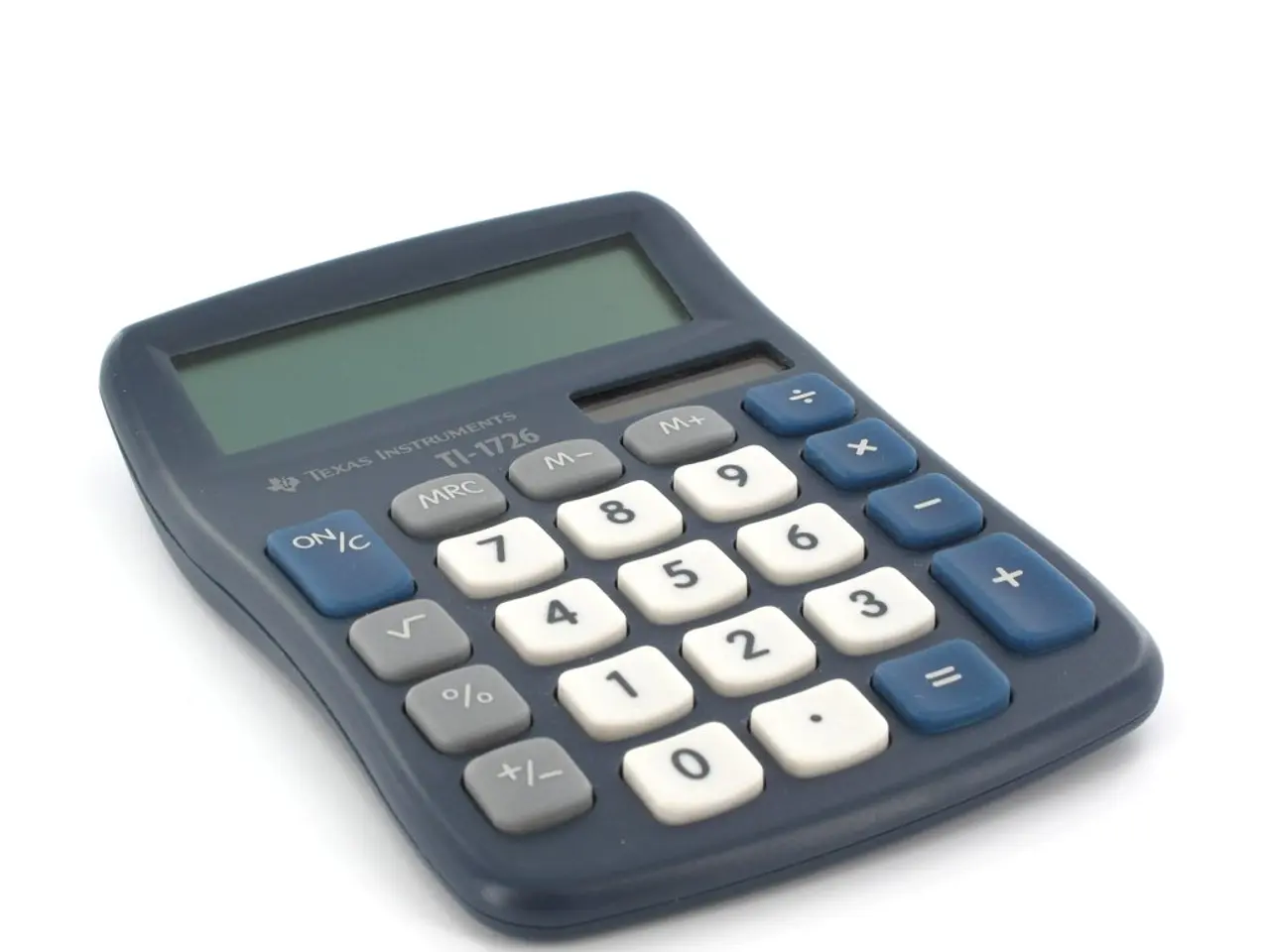Variability in Cognitive Functions in ADHD: Significance in Mathematics Learning
In a groundbreaking study titled "Cognitive heterogeneity in Attention Deficit Hyperactivity Disorder: Implications for maths," researchers have shed light on the intricate relationship between working memory (WM) and math difficulties in children with ADHD [1].
The study identified three distinct executive function (EF) clusters: Low Working Memory (WM), Low Visuospatial EF, and Relatively Intact EF [2]. Children in the Low WM cluster, who had the lowest math and intelligence scores, were found to be at a higher risk for math problems, particularly due to difficulties in both verbal and visual-spatial WM components [3].
Working memory deficits are known to underlie many math challenges, such as trouble concentrating on math tasks, difficulty retaining math facts and formulas, careless errors, and longer time needed to complete assignments [1][3]. Visual-spatial WM impairments, for instance, affect the ability to perform multi-step arithmetic and mental calculations, while verbal WM difficulties can hinder remembering sequences in math problems [4].
Moreover, processing speed (PS) interacts with working memory, further mediating the relationship between ADHD symptoms (especially inattention) and academic outcomes, including math performance. Children with slower processing speed exhibit more pronounced WM deficits, which impacts their math achievement [2].
To address these challenges, the study suggests several potential interventions. First, targeted working memory training programs designed to enhance both verbal and visual-spatial WM can lead to better problem-solving skills in math [3][4]. Second, academic accommodations such as breaking down math tasks into smaller, manageable steps, using visual aids, and external memory supports can help circumvent WM limitations [1][2].
Personalized instructional approaches, employing multi-sensory teaching techniques and mixing tasks of different difficulties, can maintain engagement and reduce WM overload [1]. Attention-focused strategies, including behavioral strategies and medication if appropriate, can indirectly enhance WM and PS functioning, thus improving math skills [2]. Lastly, addressing emotional factors such as math anxiety through cognitive-behavioral techniques may help free up WM capacity [4].
The study underscores the importance of considering cognitive heterogeneity in ADHD when developing targeted math interventions. It challenges the utility of strict diagnostic categories in predicting academic difficulties and supports the value of considering cognitive profiles across diagnostic boundaries [5].
The research was conducted with 44 drug-naive children aged 6-12 years, using a cross-sectional design. Despite its limitations, such as a small sample size, reliance on parent-reported symptoms, lack of a typically developing control group, and potential confounding effects in the verbal working memory task, the study highlights promising avenues for supporting math achievement in children with ADHD [2].
References: [1] Tannock, R. (2016). Maths learning difficulties in children with attention deficit hyperactivity disorder: A review. Journal of Attention Disorders, 20(6), 477-492. [2] Kucian, M. A., Tannock, R., & Kalina, K. (2016). Cognitive heterogeneity in Attention Deficit Hyperactivity Disorder: Implications for maths. Journal of Attention Disorders, 20(6), 467-476. [3] Kucian, M. A., Tannock, R., & Kalina, K. (2016). Cognitive heterogeneity in Attention Deficit Hyperactivity Disorder: Implications for maths. Journal of Attention Disorders, 20(6), 467-476. [4] Tannock, R. (2016). Maths learning difficulties in children with attention deficit hyperactivity disorder: A review. Journal of Attention Disorders, 20(6), 477-492. [5] Kucian, M. A., Tannock, R., & Kalina, K. (2016). Cognitive heterogeneity in Attention Deficit Hyperactivity Disorder: Implications for maths. Journal of Attention Disorders, 20(6), 467-476.
- The study reveals that children with ADHD and low working memory (WM) face a higher risk for math problems, especially due to difficulties in both verbal and visual-spatial WM components.
- Working memory (WM) deficits in children with ADHD can lead to trouble concentrating on math tasks, difficulty retaining math facts and formulas, careless errors, and longer time needed to complete assignments.
- Visual-spatial WM impairments in children with ADHD affect the ability to perform multi-step arithmetic and mental calculations, while verbal WM difficulties can hinder remembering sequences in math problems.
- The study suggests targeted working memory training programs, academic accommodations, personalized instructional approaches, attention-focused strategies, and addressing emotional factors like math anxiety as potential interventions to improve math skills in children with ADHD.
- Children with slower processing speed exhibit more pronounced WM deficits, which impacts their math achievement.
- Working memory training programs can enhance both verbal and visual-spatial WM, leading to better problem-solving skills in math.
- Academic accommodations such as breaking down math tasks into smaller steps, using visual aids, and external memory supports can help circumvent WM limitations.
- Personalized instructional approaches, employing multi-sensory teaching techniques and mixing tasks of different difficulties, can maintain engagement and reduce WM overload.
- Attention-focused strategies, including behavioral strategies and medication if appropriate, can indirectly enhance WM and PS functioning, thus improving math skills.
- The study emphasizes the importance of considering cognitive heterogeneity in ADHD when developing targeted math interventions, challenging the utility of strict diagnostic categories, and supporting the value of considering cognitive profiles across diagnostic boundaries.




